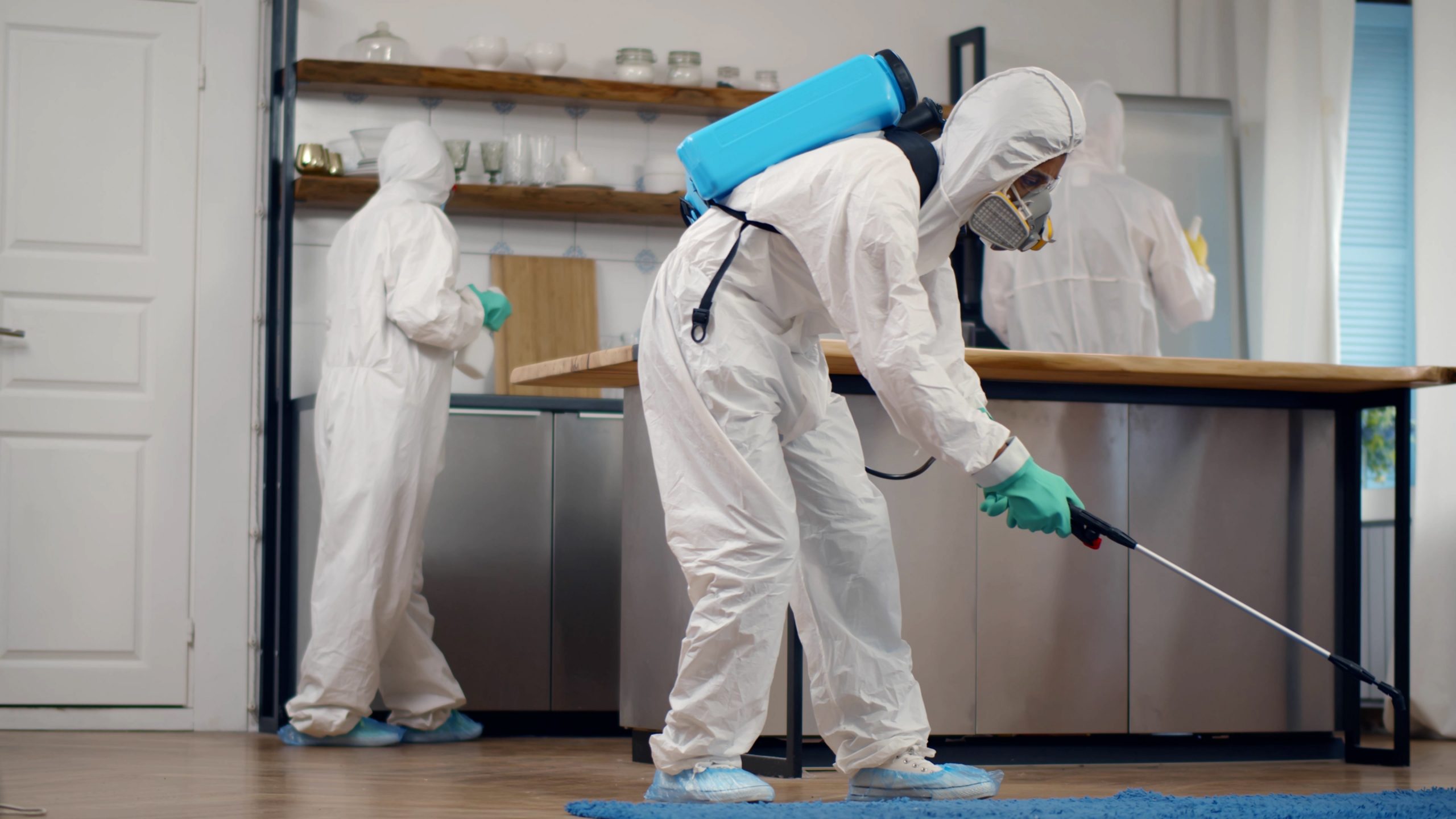
Introduction to Rodent Control
Rodents pose significant health and safety risks in both residential and commercial settings. Mint Pest Control offers comprehensive solutions to address rodent infestations, ensuring a safe and rodent-free environment for homeowners and business owners alike.
I. Understanding the Importance of Rodent Control
A. Understanding the Importance of Rodent Control
Rodents, such as rats and mice, can carry diseases, contaminate food supplies, and cause property damage through gnawing and nesting activities. Effective rodent control is essential for protecting human health, preventing structural damage, and maintaining sanitation standards in residential and commercial spaces.
B. Common Rodent Species Found in Residential and Commercial Settings
Common rodent species encountered in residential and commercial settings include the house mouse, Norway rat, and roof rat. Each species has distinct behaviors and habitat preferences, making it crucial to identify the specific type of rodent infestation for targeted control measures.
C. Role of Professional Rodent Control Services
Professional rodent control services play a vital role in addressing rodent infestations safely and efficiently. With their expertise, resources, and specialized techniques, pest control professionals can identify entry points, implement control strategies, and prevent future infestations in both residential and commercial properties.
II. Identifying Rodent Infestations
A. Signs of Rodent Presence
Signs of a rodent infestation may include droppings, gnaw marks, urine stains, and evidence of nesting materials. Additionally, homeowners and business owners may notice unusual odors or sounds of scratching or scurrying coming from walls, ceilings, or attics.
B. Differentiating Between Rat and Mouse Infestations
Rat and mouse infestations can have similar signs, but there are key differences between the two species. Rats are larger and may leave larger droppings and gnaw marks, while mice are smaller and more agile. Proper identification of the species is essential for implementing effective control measures.
C. Assessing the Severity of Infestation
Assessing the severity of a rodent infestation involves evaluating the extent of rodent activity, identifying potential entry points or harborage areas, and determining the underlying causes of the infestation. This information helps pest control professionals develop targeted treatment plans tailored to the specific needs of the property.
III. Strategies for Rodent Control
A. Prevention Methods
Preventive measures such as sealing cracks and gaps, removing clutter, and maintaining cleanliness can help deter rodents from entering homes and businesses. Eliminating food and water sources, securing trash bins, and trimming vegetation around the property can also reduce the risk of infestation.
B. Trapping and Exclusion Techniques
Trapping and exclusion techniques are effective for removing existing rodent populations and preventing reinfestation. Pest control professionals may use a variety of traps, baits, and exclusion devices to capture and remove rodents while sealing off entry points to prevent their return.
C. Chemical and Biological Control Measures
Chemical and biological control measures, such as rodenticides or biological agents, may be necessary to address severe rodent infestations or persistent problems. These control measures should be applied judiciously and in accordance with safety guidelines to minimize risks to humans, pets, and the environment.
IV. Hiring Professional Rodent Control Services
A. Qualities of Reliable Rodent Control Companies
When choosing a rodent control company, look for qualities such as experience, expertise, and professionalism. A reputable company will have certified technicians, use safe and effective treatments, and provide comprehensive solutions tailored to your specific needs.
B. Assessment and Treatment Plans
Professional rodent control companies conduct thorough inspections to assess the extent of the infestation and develop customized treatment plans. These plans may include a combination of preventive measures, trapping and exclusion techniques, and chemical or biological control measures to ensure effective rodent control.
C. Ongoing Monitoring and Maintenance
Effective rodent control requires ongoing monitoring and maintenance to prevent recurrence and address new infestations promptly. Professional rodent control companies offer maintenance programs that include regular inspections and treatments to keep properties rodent-free year-round.
V. Conclusion: Maintaining Rodent-Free Environments
In conclusion, rodent control is essential for maintaining a safe and healthy environment in both residential and commercial settings. By understanding the importance of rodent control, identifying infestations, implementing effective control strategies, and enlisting the help of professional pest control services like Mint Pest Control, property owners can ensure a rodent-free environment and peace of mind. With proactive measures and targeted treatments, rodent infestations can be effectively managed, allowing residents and businesses to enjoy a pest-free space free from health risks and property damage.
